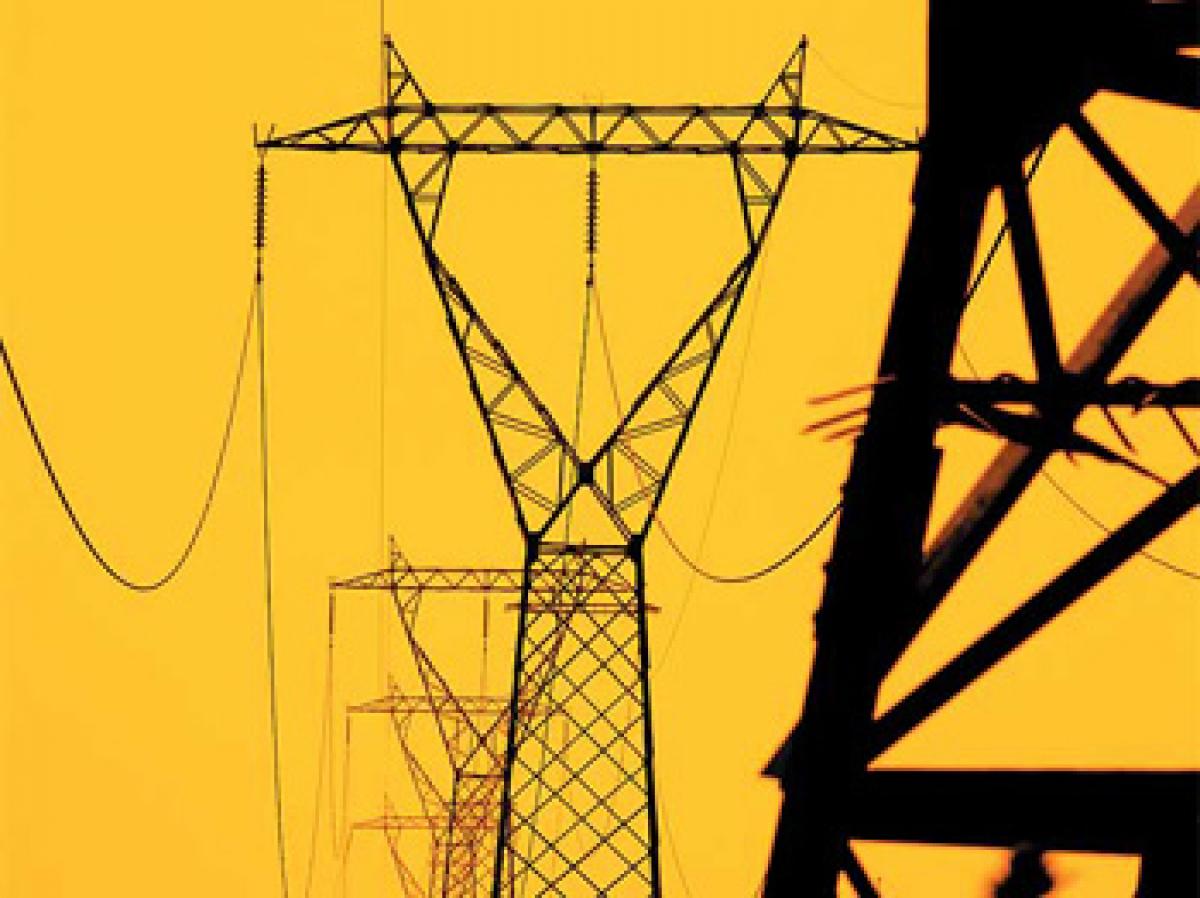Live
- MyVoice: Views of our readers 27th July 2024
- Trump will need a new attack plan for younger Kamala is
- Jagan claims innocence after ruining AP economy
- Kamala Harris to take the bull by the horns
- Myanmar floods displace 1,30,000; Magway region most affected
- Flashback: PM Modi's emotional encounter with wounded soldier during Kargil war
- All Party Committee Visit Pedda Vagu Bridge Construction in Ieeja Municipality
- Limited seats available for admission to Future-ready Career Programmes in NIIT University (NU)
- Women’s Asia Cup: BCCI Secretary Jay Shah pens congratulatory message to ‘finals-bound’ Team India
- 3.16 acres of land originally purchased for Rs 1 in 1935: Siddaramaiah on MUDA land case
Just In

Looking to exit the stalled 4,000 MW Krishnapatnam power project, Reliance Power has written to Andhra Pradesh government suggesting that it could be done on similar lines to that of Tilaiya UMPP, which was acquired by procurers from the company.
As it could not materialise due to escalated coal cost from Indonesia, other factors
AP government said to have accepted the termination of power purchase agreement and decided to buyback the entire shareholding in the project from the company by way of mutual discussion with the developers
Hyderabad: Looking to exit the stalled 4,000 MW Krishnapatnam power project, Reliance Power has written to Andhra Pradesh government suggesting that it could be done on similar lines to that of Tilaiya UMPP, which was acquired by procurers from the company.
The Anil Ambani group firm Reliance Power has said the Krishnapatnam UMPP, which was awarded to it in 2007, could not be taken forward due to escalated coal cost from Indonesia, among other factors. The Krishnapatnam Ultra Mega Power Project (KUMMP) is located in Andhra Pradesh while Tilaiya plant was in Jharkhand.
Reliance Power has informed the Andhra Pradesh government the procurers of Tilaiya UMPP -- which was stalled for over five years -- have accepted the termination of power purchase agreement and decided to purchase the entire shareholding in the project Special Purpose Vehicle from the company by way of mutual discussion with the developers.
"We are fully confident that the issues pertaining to KUMPP can also be resolved in the same spirit by following similar principle by parties," CEO of Reliance Power N Venugopala Rao said in a letter to the Andhra Pradesh government last month. However, an email query to a spokesperson of Reliance Power did not elicit any response.
"We, therefore, request you to kindly consider similar resolution for KUMPP by purchasing the ownership of the project SPV with its assets including land from the present owners on mutually acceptable terms and return the Performance Bank Guarantees furnished by us," Rao said in the letter.
Andhra Pradesh Energy Secretary Ajay Jain said that they are in talks with other state governments and would shortly call for a meeting to discuss the issue. "A similar formula (applied by the Jharkhand government in respect to 3,960 megawatt Tilaiya ultra mega power project) has to be applied because five states are involved now. Shortly, we will call a meeting of all the procurers as this company is not going to take up the project," Jain said.
According to him, if the central government allots domestic coal, then the project can become viable. Coastal Andhra Power Limited (CAPL), a Reliance Power subsidiary, was awarded the Krishnapatnam UMPP in 2007 and the power produced by the project was to be shared by four states -- Andhra Pradesh, Maharashtra, Tamil Nadu and Karnataka. Later, Telangana was added as it was carved out of AP in June 2014.
Southern Power Distribution Company Ltd, an AP’s power utility, on behalf of power procurers of rest of the states had in 2012, issued a notice to CAPL that it would encash the bank guarantee of Rs 300 crore as penalty besides terminating the contract as the project work has been stopped for over three months.
The tariff for the project was fixed at Rs 2.33 per unit. Jain said as per the stay orders of Delhi High Court, the power utility could not encash the bank guarantee given by Reliance company.
The company was writing this letter without prejudice to any CAPL's rights and contentions against the procurers including a petition pending before the Delhi High Court and other arbitrations before Indian Council of Arbitration, the company said.
The company had given the termination notice in April last year for terminating the contract for the Tilaiya UMPP in Jharkhand. Principal Secretary, Department of Energy, Jharkhand, S K G Rahate had said that 18 procurers in 10 states decided to accept the termination notice given by Reliance Power which was implementing the project.

© 2024 Hyderabad Media House Limited/The Hans India. All rights reserved. Powered by hocalwire.com







